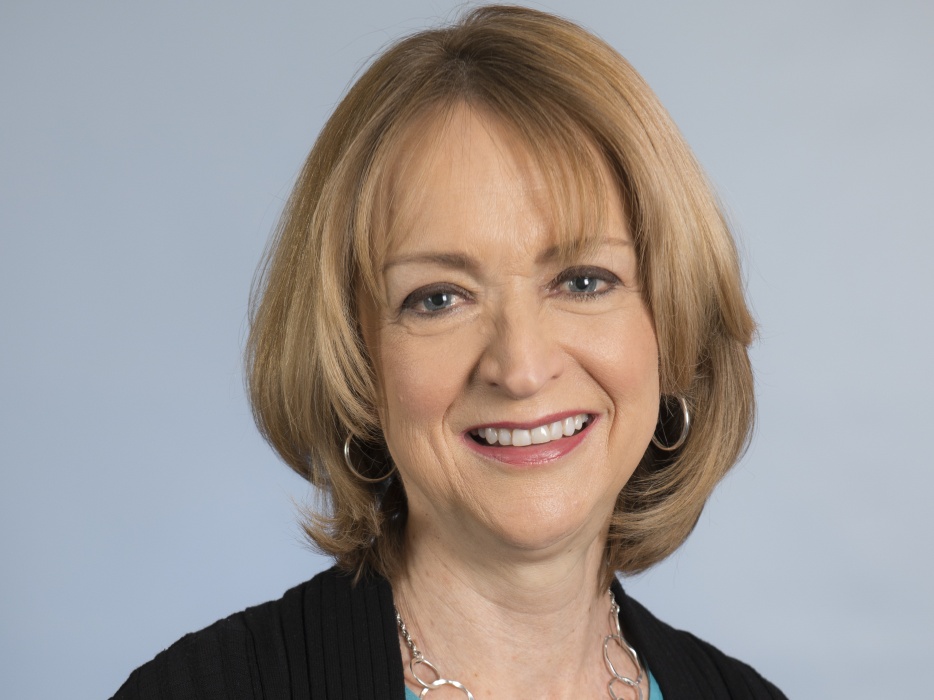It seemed even more important this year to provide summer jobs for these young people given the health and economic challenges faced by their communities and families over the past four months.
Joan Quinlan
Vice President, Massachusetts General Hospital Center for Community Health Improvement
BOSTON-- Massachusetts General Hospital (MGH) is continuing its longstanding commitment to local youth by participating in the Mayor’s 2020 Youth Summer Jobs Program in Boston and providing grant funding to local community-based non-profits in Boston’s Black and Latinx communities, as well as in Chelsea, to create even more job opportunities for young people. With these novel strategies, Mass General will continue to provide summer employment and learning opportunities to 238 youth in Boston and Chelsea.
“Our students come from communities of color where rates of COVID-19 infection have been significantly higher than statewide,” said Joan Quinlan, vice president for Community Health at MGH. “It seemed even more important this year to provide summer jobs for these young people given the health and economic challenges faced by their communities and families over the past four months.”
Christyanna Egun, senior director of Boston Partnerships and Equity & Inclusion at the MGH Center for Community Health Improvement, added, “Paid employment will help lessen the economic burden experienced by many families, provide learning opportunities cut short this past spring by the pandemic, and serve to inspire these young people with positive activities and a vision for the future, while promoting antiviolence.”
MGH Summer Jobs Program
Traditionally, students work on the MGH campus in departments ranging from nursing to transport to police and security and more, which is not possible this year. As a result, the summer program has been adapted to be almost entirely remote. The program is now a creative, in-depth five-week, 25 hour-per-week job experience for 127 students focused around professional development, healthcare career exposure and exploration, community health and social justice.
Along with the employment opportunities, a virtual mentoring program is being added which will pair one MGH volunteer mentor with two summer job participants. Mentees will check in with their mentors once a week to talk about their learnings, goals, and summer job experience.
The MGH Youth Neurology Education and Research Program will provide an additional 13 students with a five-week, 20 hour-per-week immersive paid internship. Through grant support from Biogen, the virtual learning program will focus on neurology topics and neurology related careers, helping the students to grow a robust network of peers and mentors and honing their leadership skills.
Supporting Community-Based Non-Profits
To support additional youth and build more equitable communities, the MGH Center for Community Health Improvement is providing more than $100K in additional grants to build the capacity of community based organizations to host 35 youth this summer in Boston and an additional 63 in Chelsea. They include:
- Hyde Square Task Force –Serving primarily Latinx youth in Boston’s Latin Quarter in Jamaica Plain, the HSTF has been awarded funding to employ students for a six-week, 20 hour-per-week job experience.
- Caribbean Integration Community Development –Focused on supporting the growing Caribbean immigrant population (primarily in Mattapan), the CICD was awarded grant funding to create summer employment for students 25 hours-per-week for five weeks.
- The Freedom House – Located in Boston’s Grove Hall neighborhood, the Freedom House is dedicated to helping young people achieve self-sufficiency and putting them on a path toward upward social mobility. They have been awarded funding to employ students 20 hours-per-week for seven weeks.
- Chelsea Collaborative – A longstanding MGH community partner, the Chelsea Collaborative empowers Chelsea residents to enhance the social and economic health of their community. The Collaborative has been provided summer jobs funding for 63 youth to work 20 hours-per-week for seven weeks.
“Freedom House is honored to be chosen by MGH to support our summer learning academy. Because of their support, we are able to provide additional employment opportunities for our youth during one of the most challenging summers of their lives,” said Charmaine Arthur, director of Programs and Strategy.
“Now more than ever, we must direct resources to support youth of color on their pathways to academic, professional, and community leadership. The road to recovery following the pandemic will be long, and we are building capacity in our Latinx community for the next generation to break out of cycles of poverty and inequity,” said Gladys Vega, executive director of the Chelsea Collaborative. “MGH’s support not only provides our youth with opportunities to explore diverse career fields, but also to earn a paycheck and help support their families during the COVID-19 crisis.”
“Providing summer jobs is one of the most important ways we can support our local communities and our young people,” said Peter L. Slavin, MD, MGH president. “By exposing them to a wide variety of careers in healthcare, encouraging them to explore their passions and envision promising career pathways, we are not only investing in the future of our communities, we are investing in our future workforce.”
About Mass General Center for Community Health Improvement
The Massachusetts General Center for Community Health Improvement (CCHI) brings together people and resources to address challenging health problems and foster sustainable improvement. Focusing on the social determinants of health, CCHI seeks to eliminate health inequities based on socioeconomic status, race and ethnicity, leveraging prevention, early intervention and treatment approaches that are measurable and have proven impact. https://www.massgeneral.org/community-health/cchi/, Facebook, Twitter @mghcchi1, Instagram @mgh_cchi1, YouTube.
About MGH Youth Programs
The MGH Youth Programs’ mission to open the doors of opportunity and empower young people from Boston, Chelsea and Revere to overcome systemic inequities by creating a sense of belonging, promoting academic achievement, and developing the leadership skills needed for them to thrive in school, excel in the workforce, and transform their communities. We serve more than 2,100 young people annually from third grade through college and beyond. Visit https://www.massgeneral.org/community-health/cchi/programs/mgh-youth-scholars

